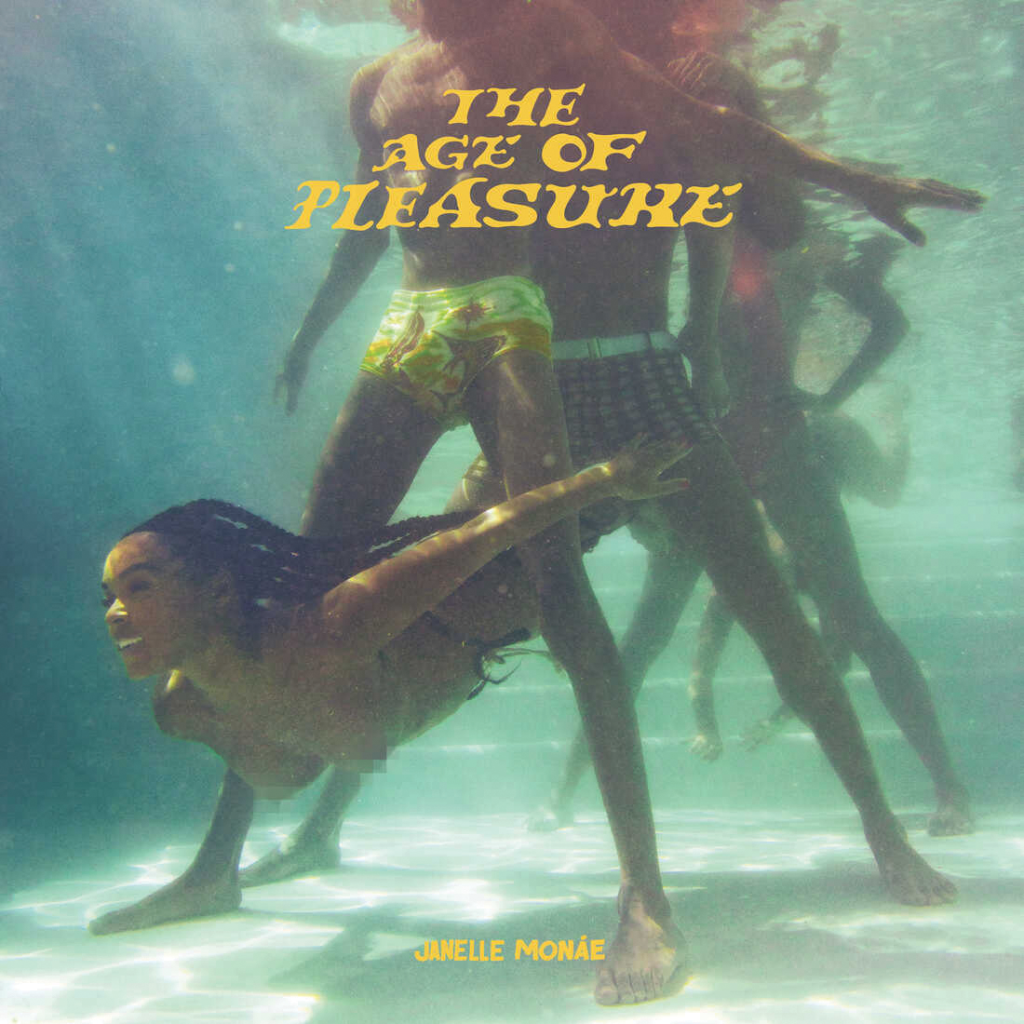The Age of Pleasure
Janelle Monáe (Atlantic, 2023)
With the ease of having absolutely nothing to prove, Janelle Monáe departs from the complex allegorical storytelling of their first three albums to make a simple, radical declaration in their fourth: The suffering of suppression is over. The joy of embodiment, fulfillment, and freedom—the titular Age of Pleasure—is finally here.
This feels particularly defiant in the face of encroaching extremism against the LGBTQ community. As a Black, queer, nonbinary person, Monáe uses pleasure as a guidepost for connection, self-love, and liberation. Instead of relying on external morality imposed by people who have rejected them, Monáe listens to the still small voice within, asking only, “How does this make me feel? How does this make others feel?”
The result, for Monáe, has been abundant triumph, which they exult in over the course of 14 tracks that flow into one another with an easy, holistic fluidity. Pleasure, Monáe advises, is not a threat; it breeds self-worth, growth, inspiration, revelation, even forgiveness. In “Float,” they relish the freedom that comes with releasing anger: “I had to forgive all my frenemies / They are not who they pretend to be [. . .] I’m feeling much lighter now I float” “Know Better” finds glory and joy in sensual connection: “The beauty of our shadow / The flicker of electricity / I watch you like a candle.” In every track, Monáe’s acceptance of and commitment to their true self shines like a beacon to those waiting for permission to do the same.
People of faith are often cautioned against pleasure: It is selfish, a gateway to destruction, never to be trusted—repressive language that easily slides into the oppressive. The Age of Pleasure suggests that maybe our innermost desires are not waiting to trap us but can help free us, if we only show ourselves the love we deserve.
This article also appears in the November 2023 issue of U.S. Catholic (Vol. 88, No. 11, page 38). Click here to subscribe to the magazine.
Image: Wikimedia Commons/Ralph_PH (CC BY 2.0)















Add comment